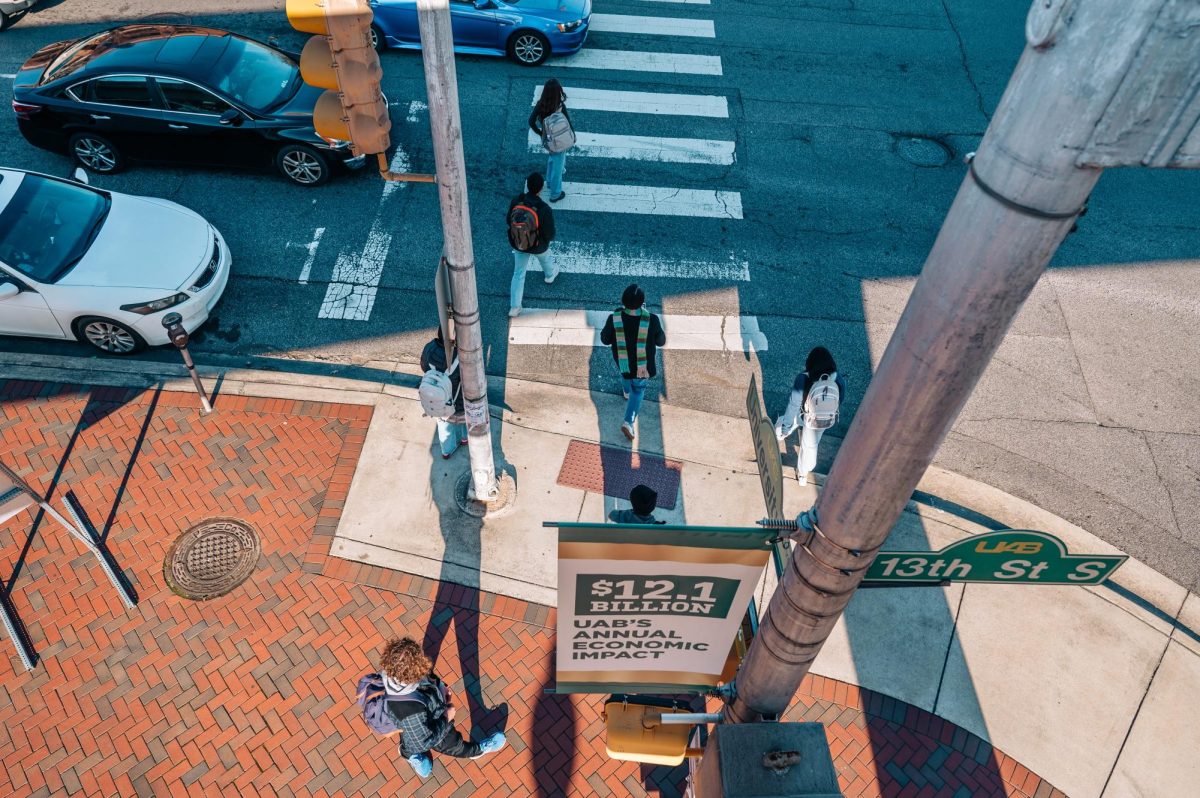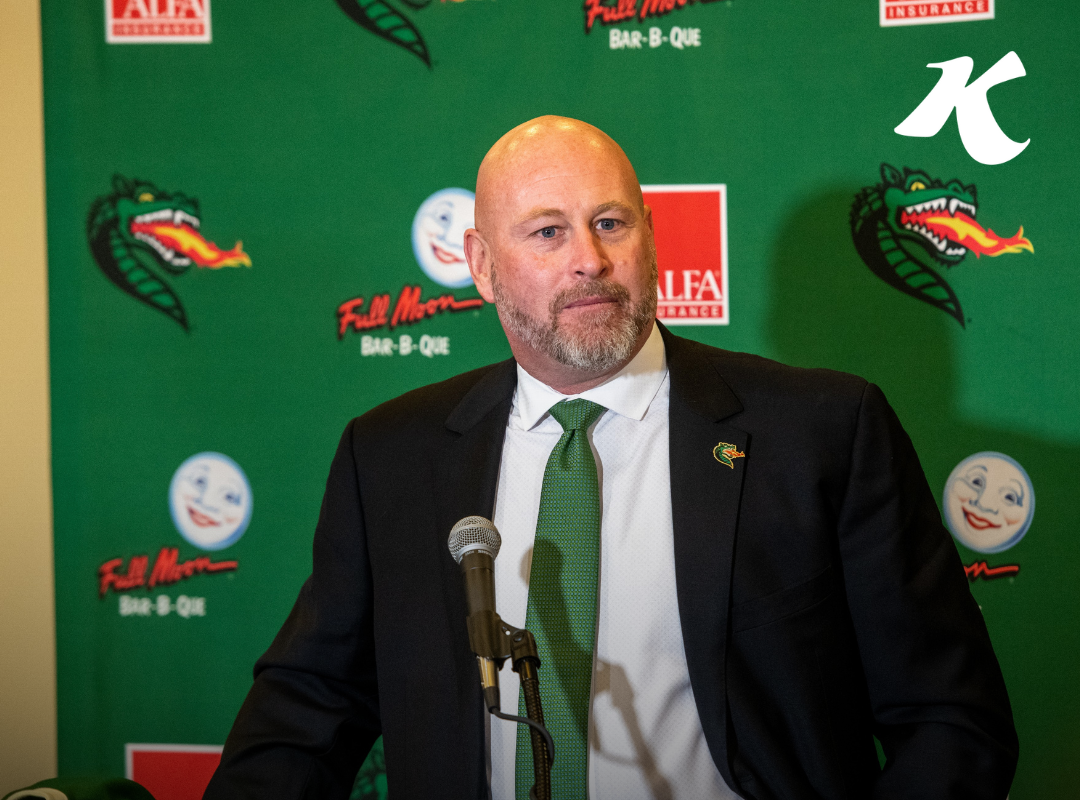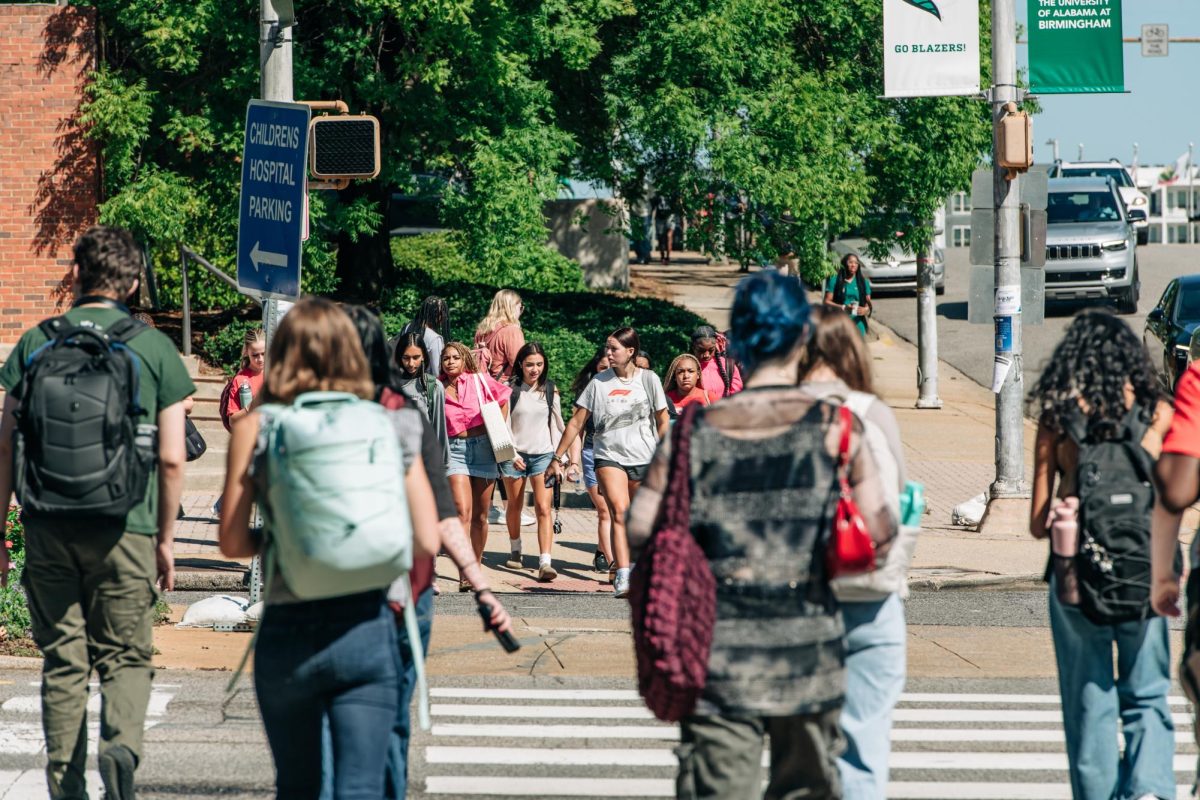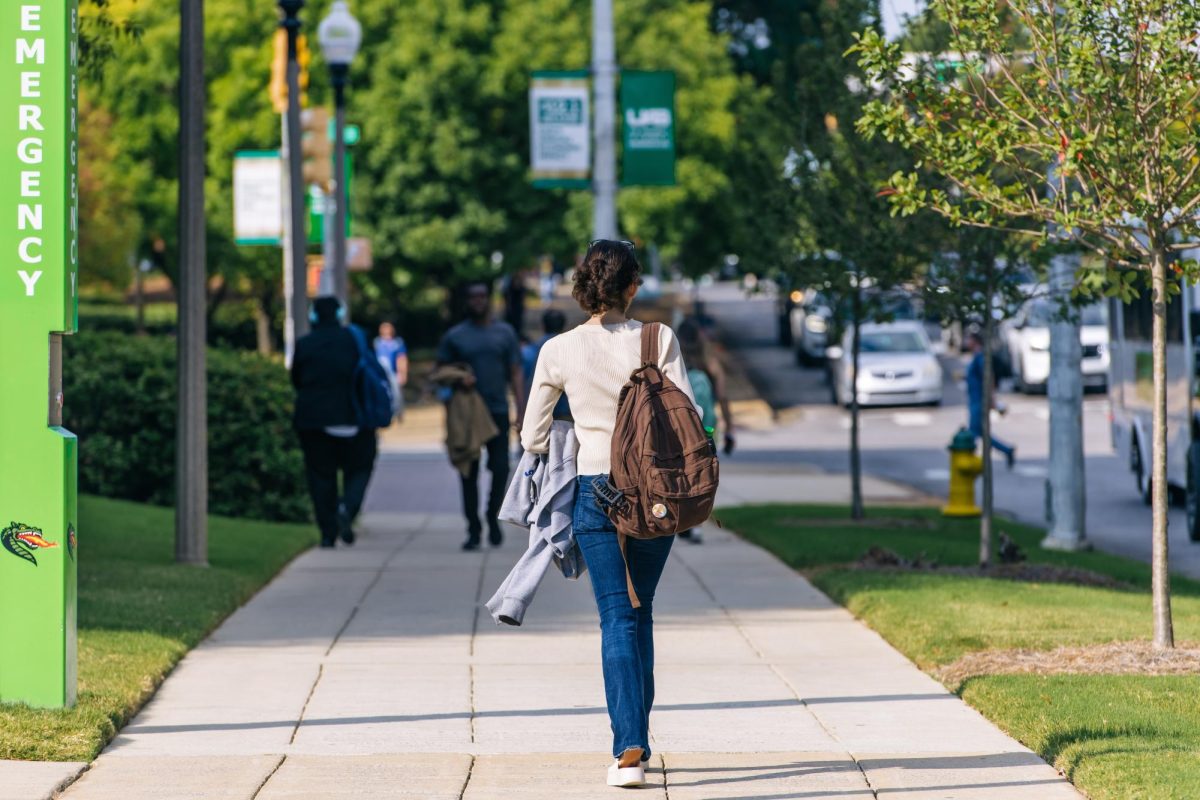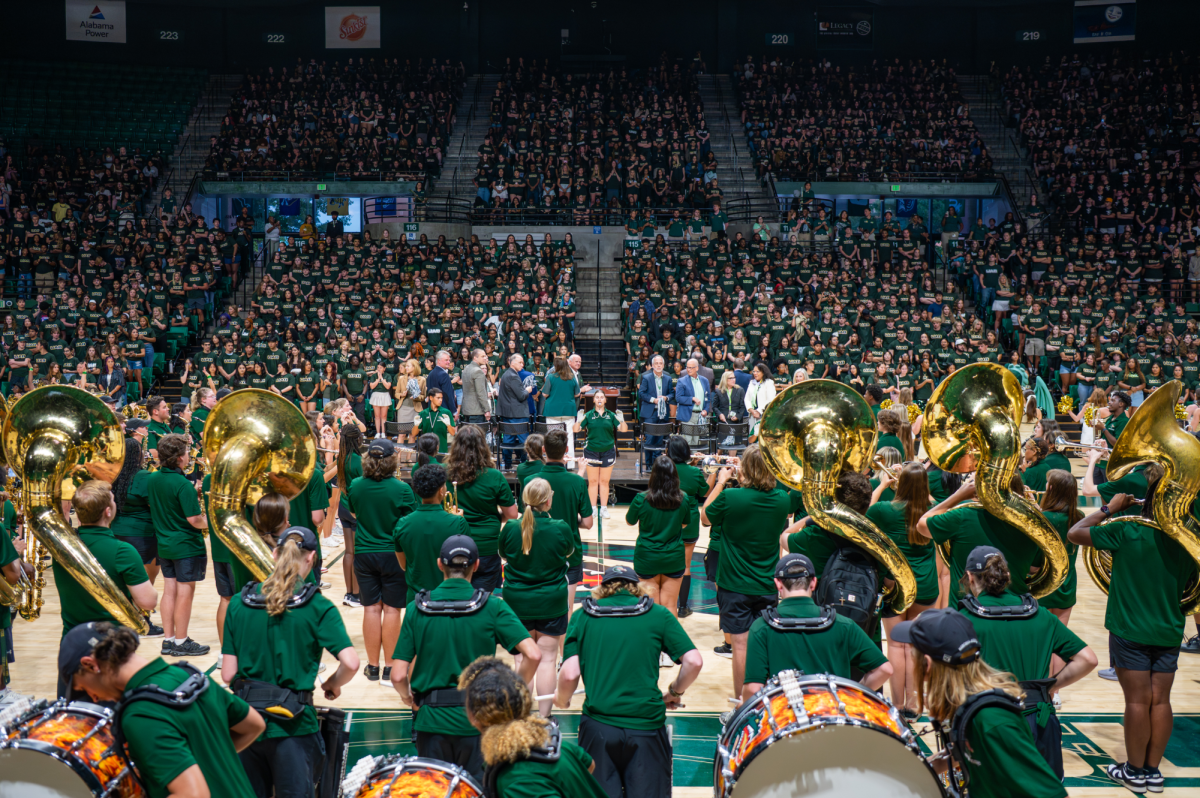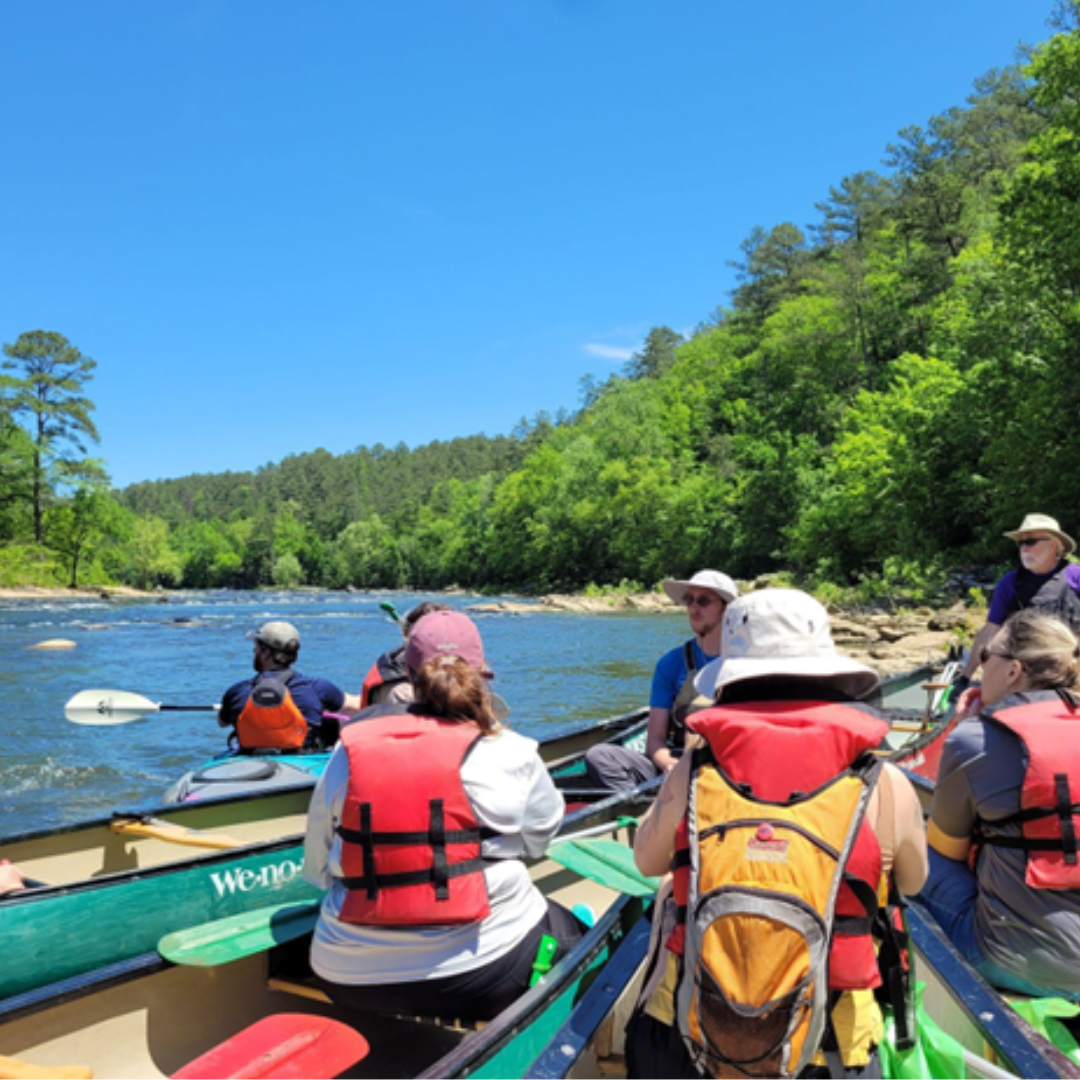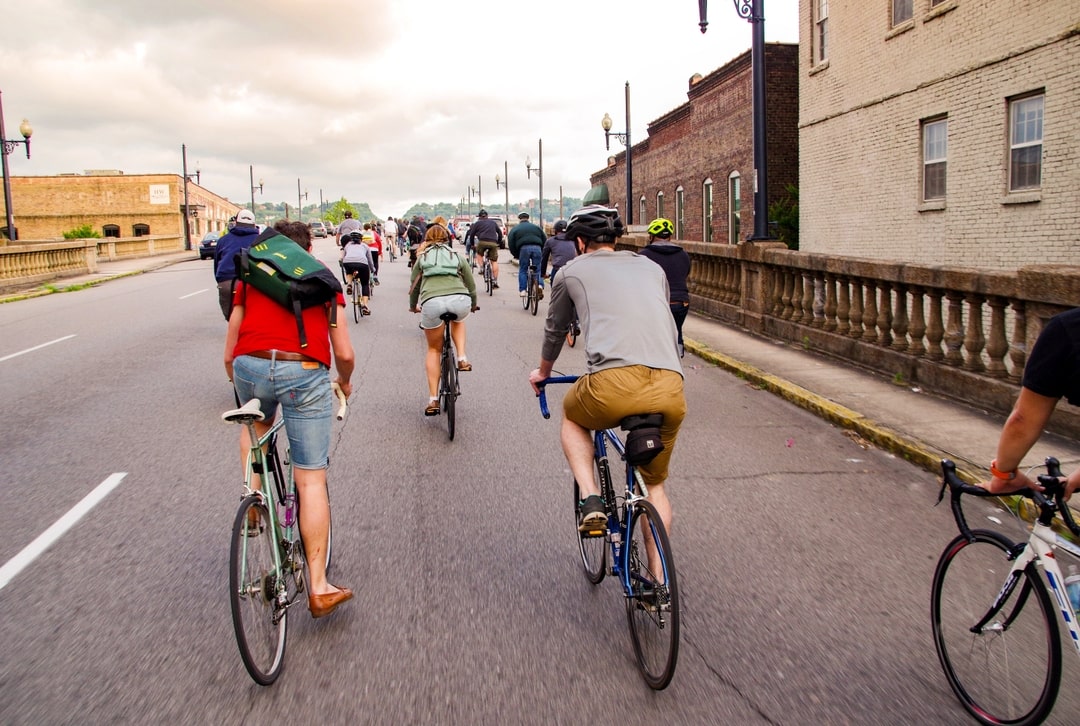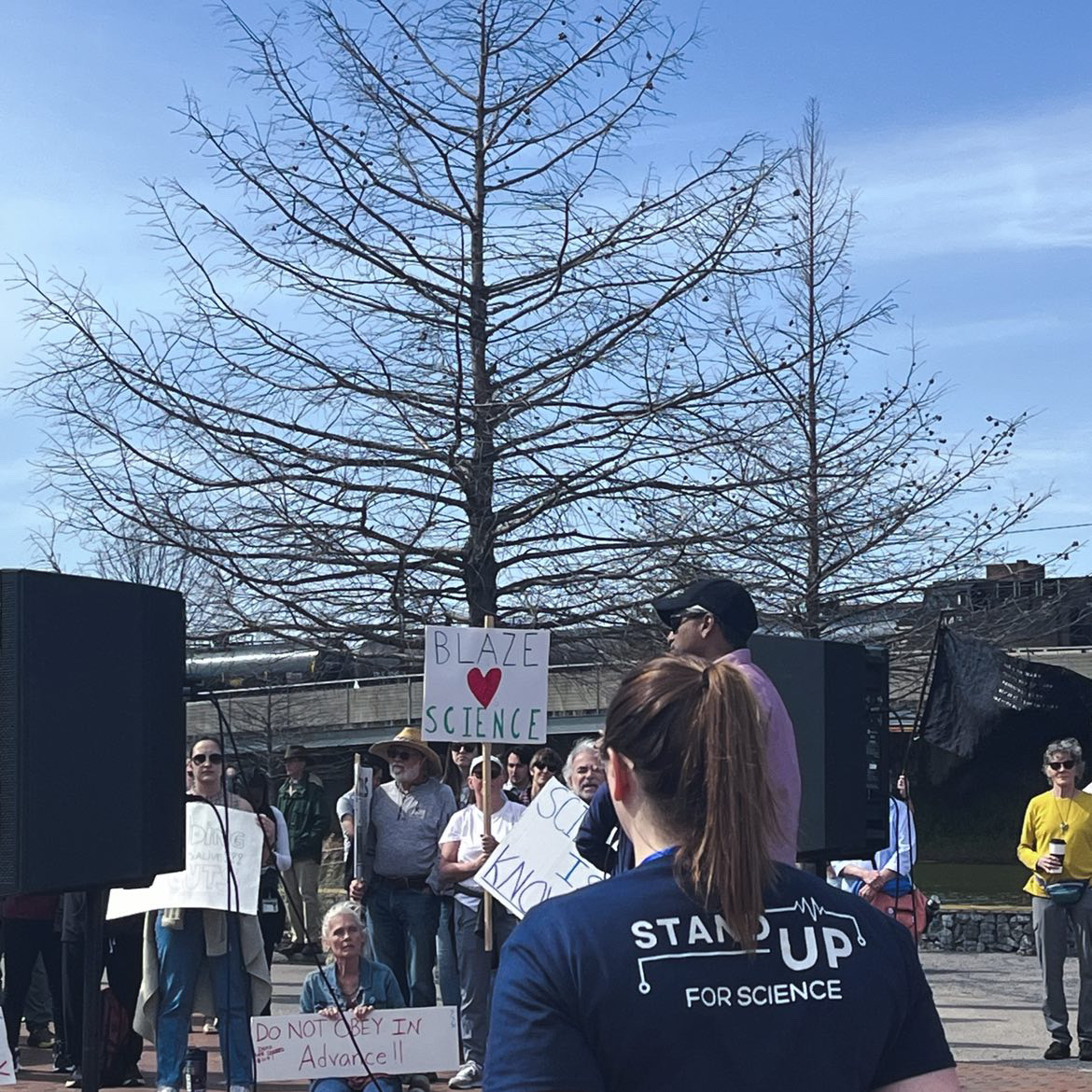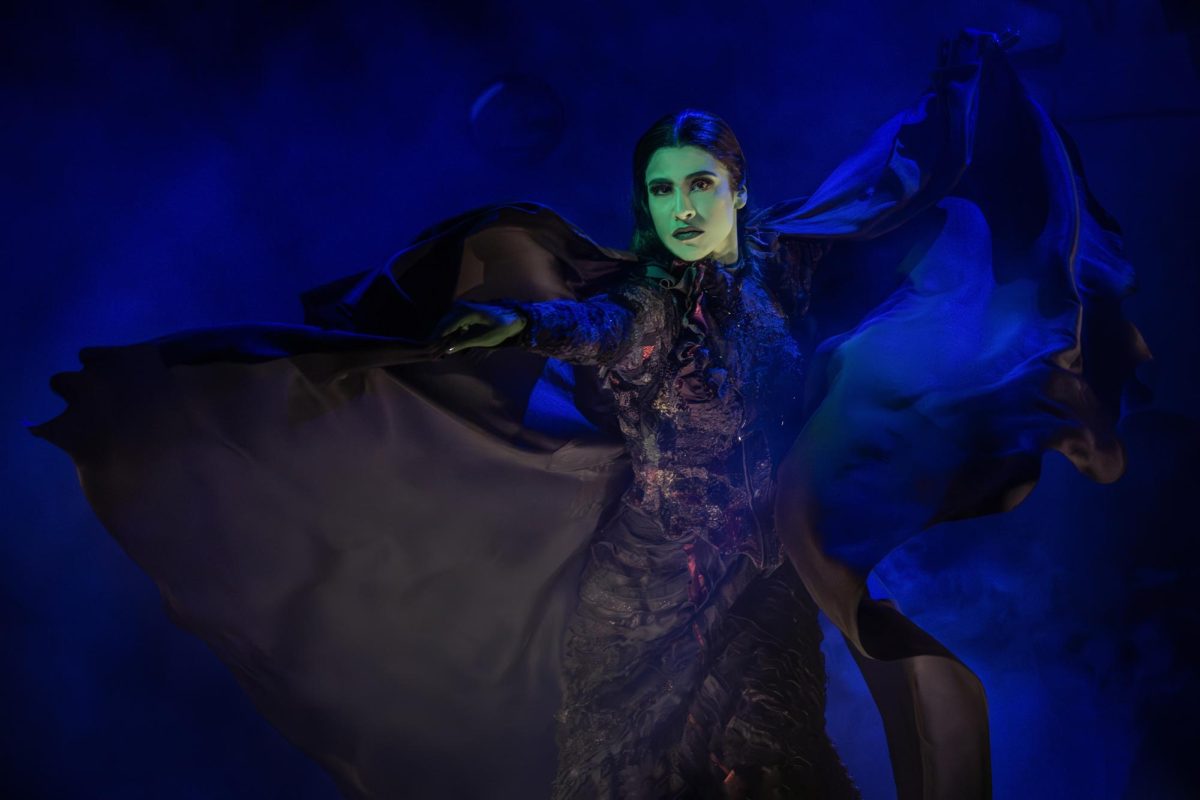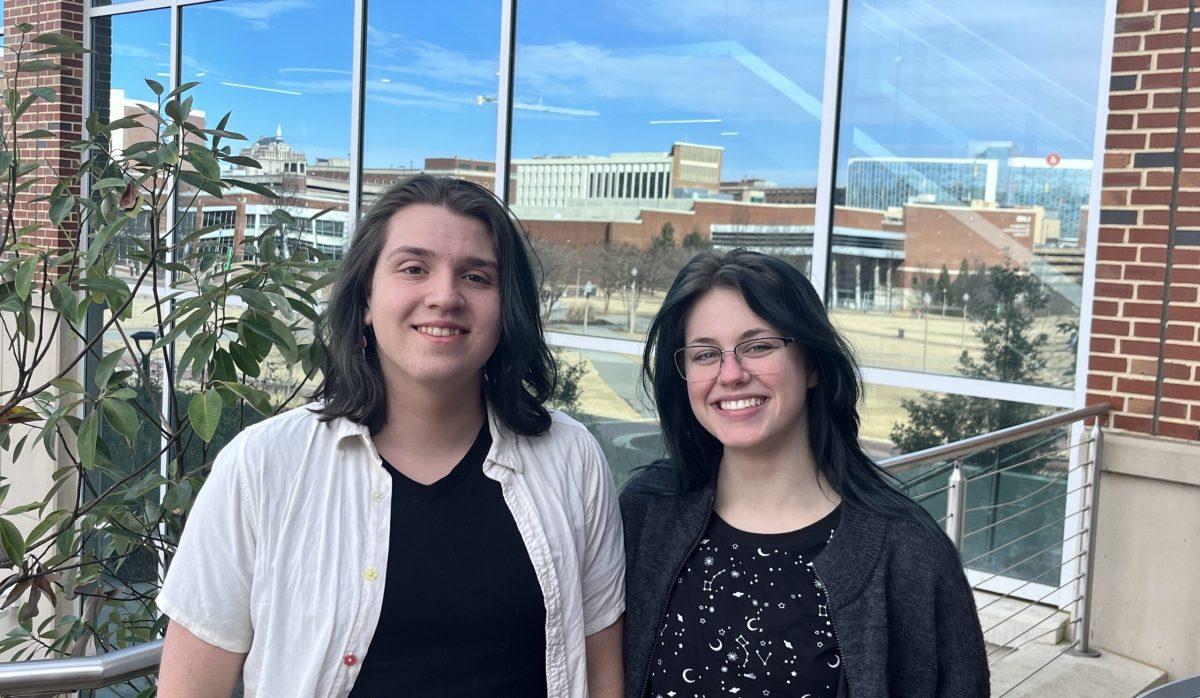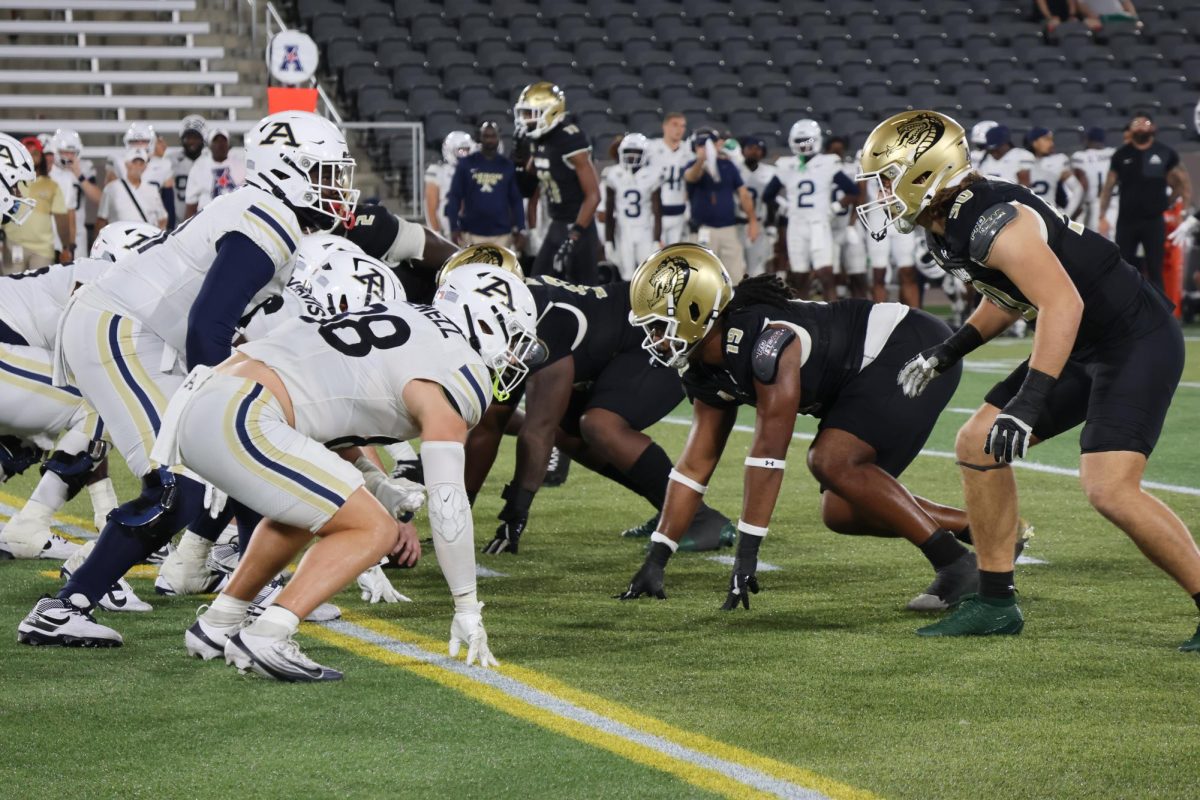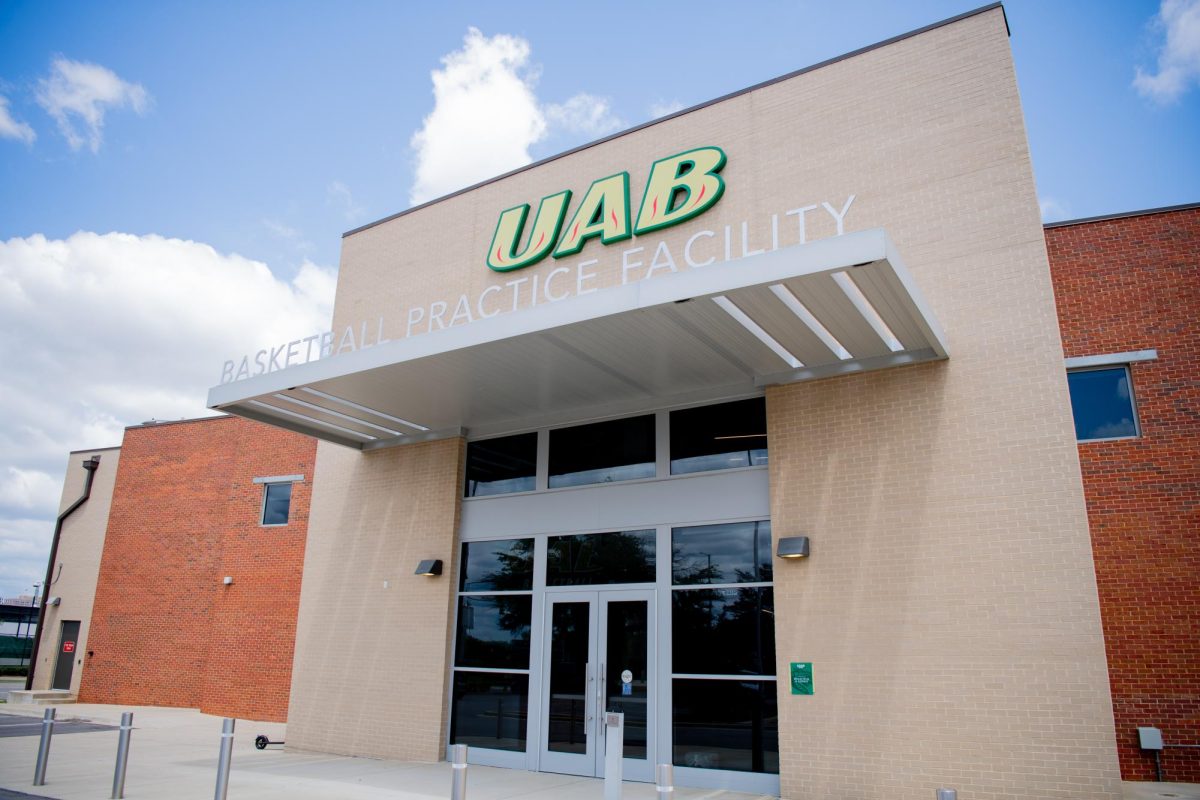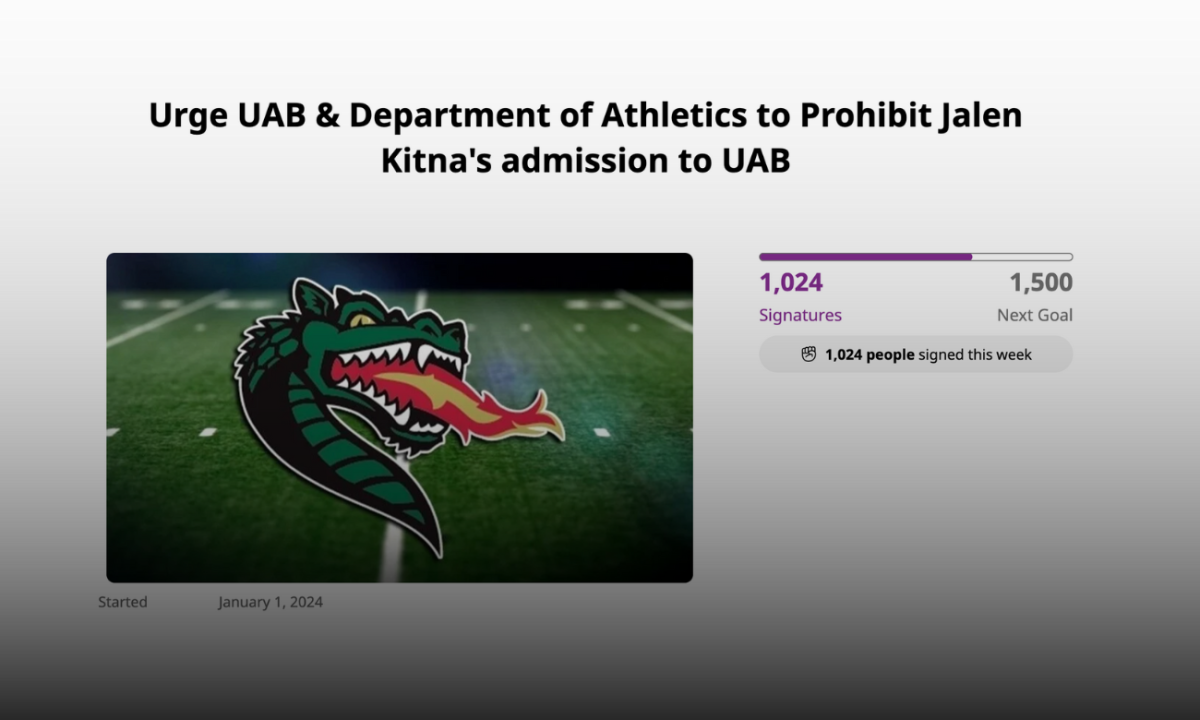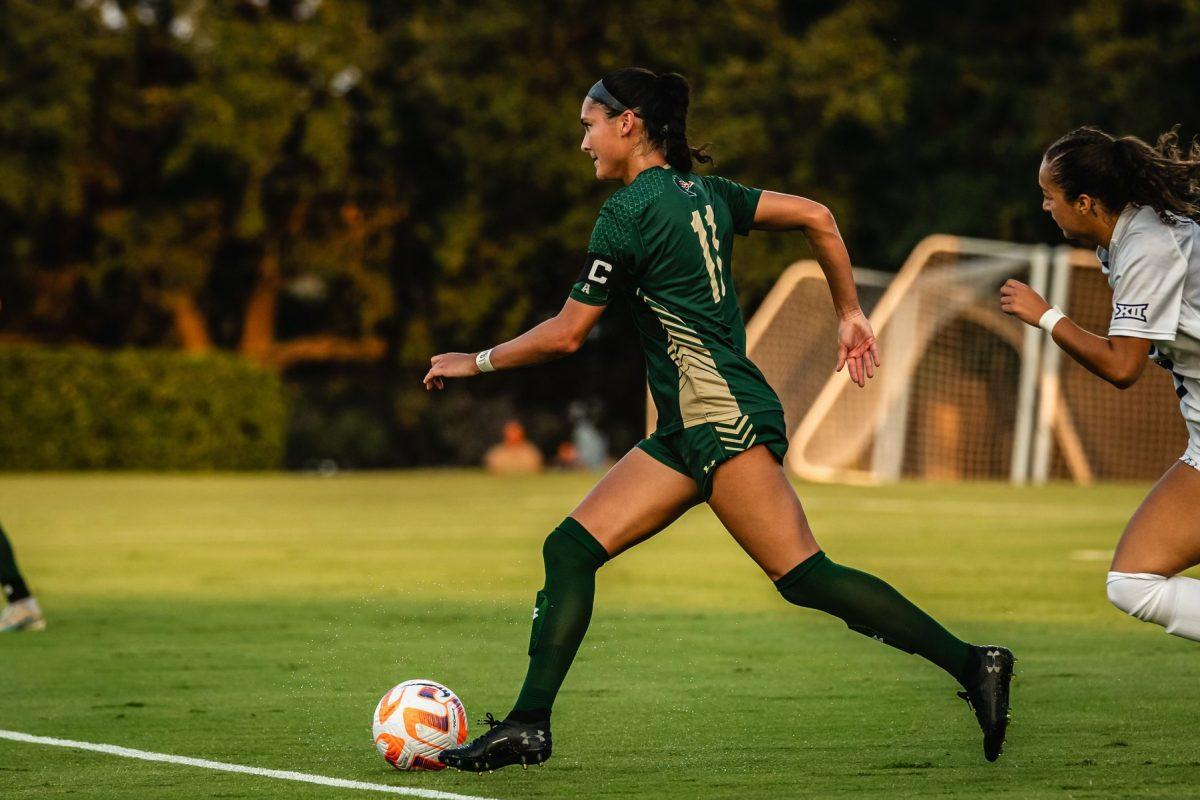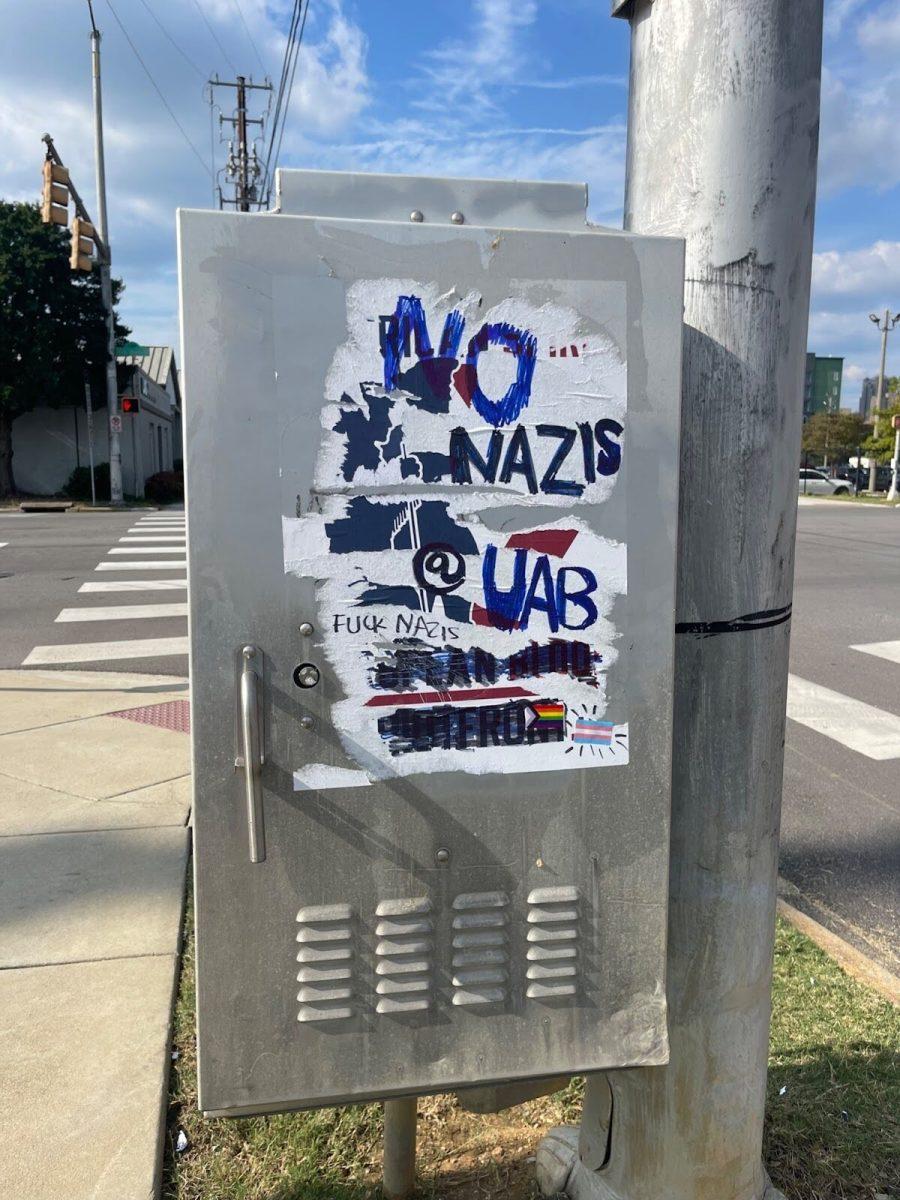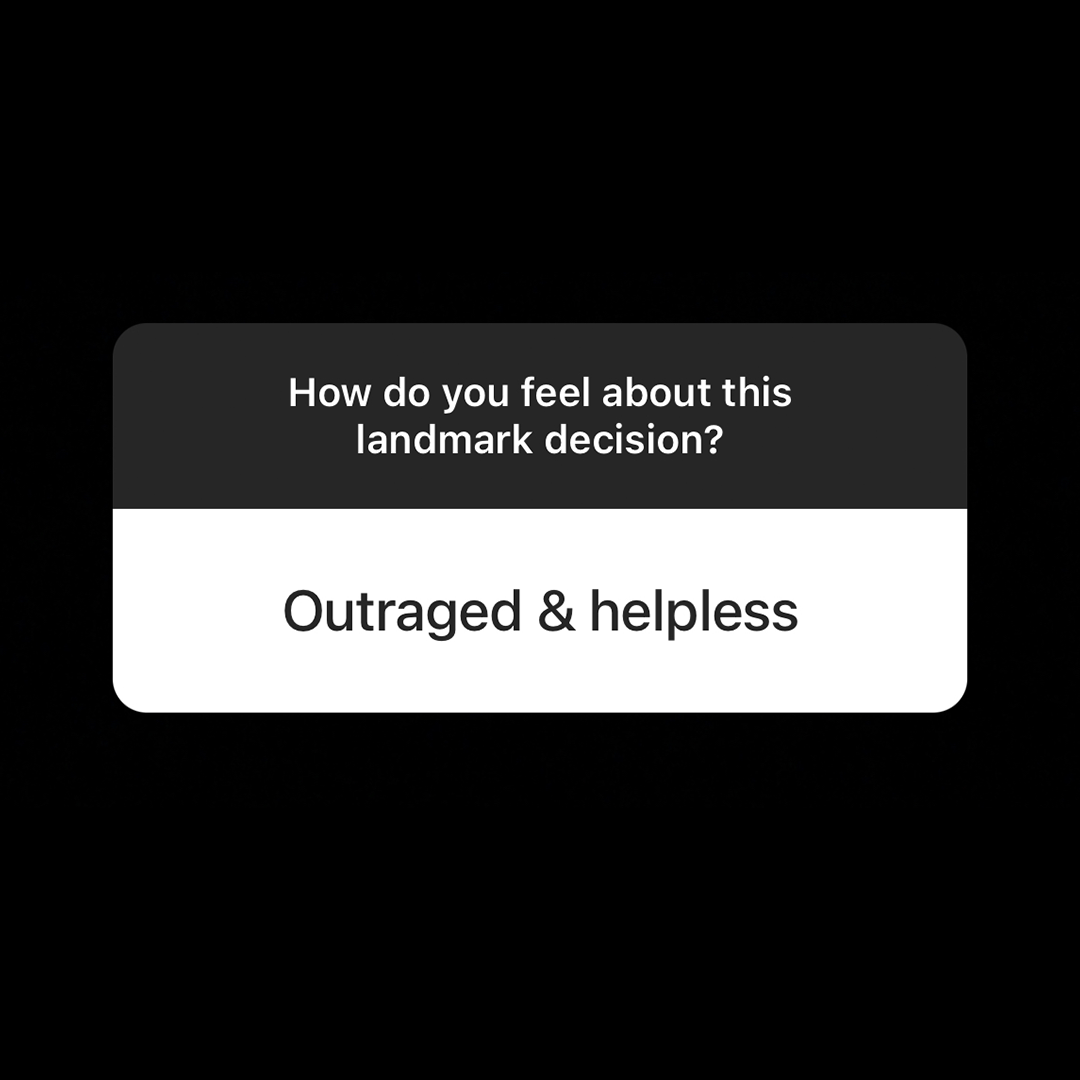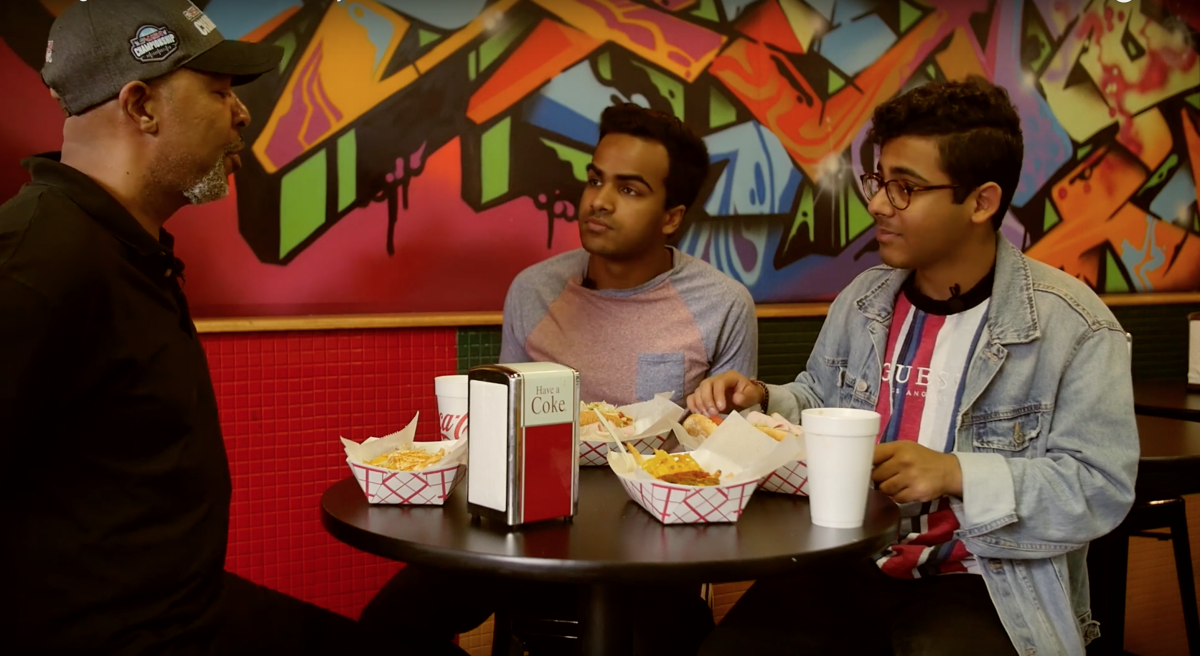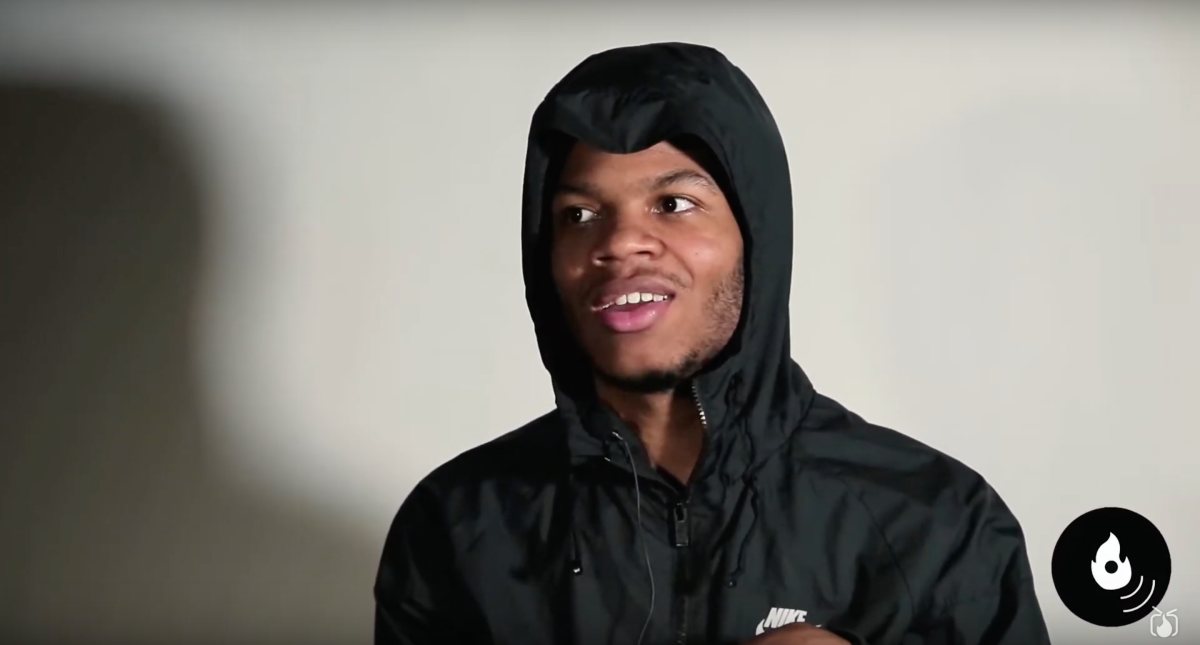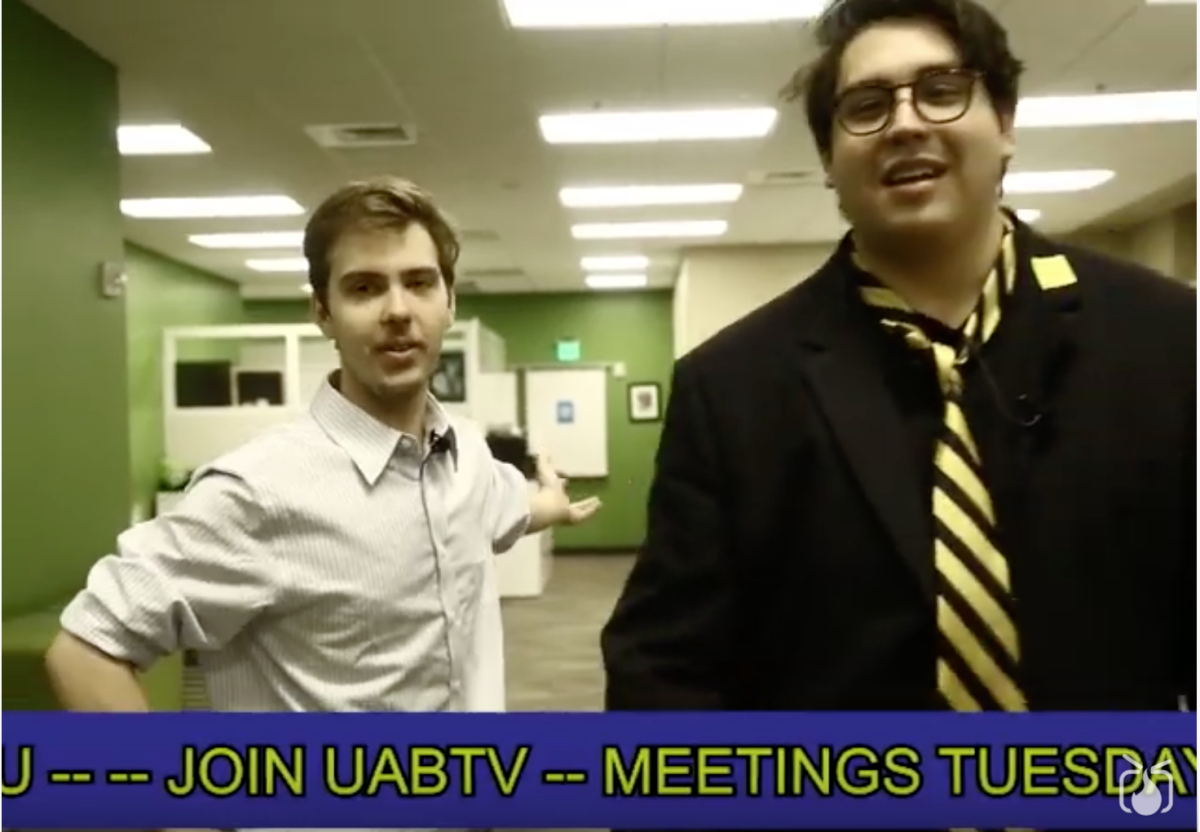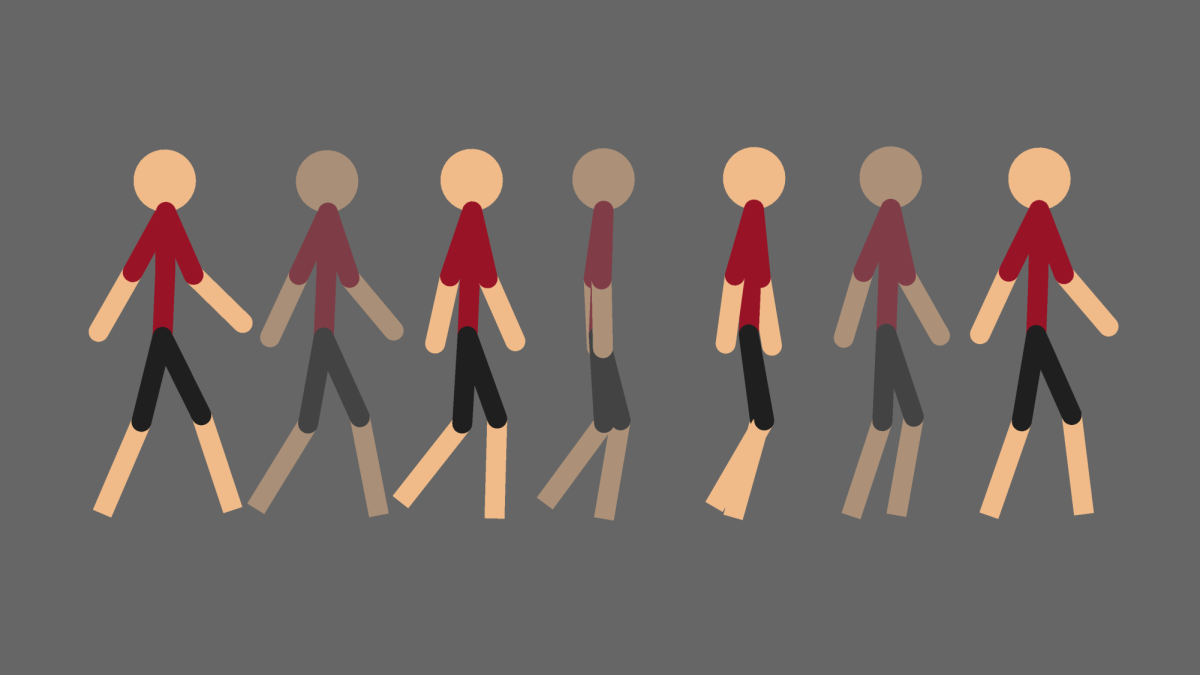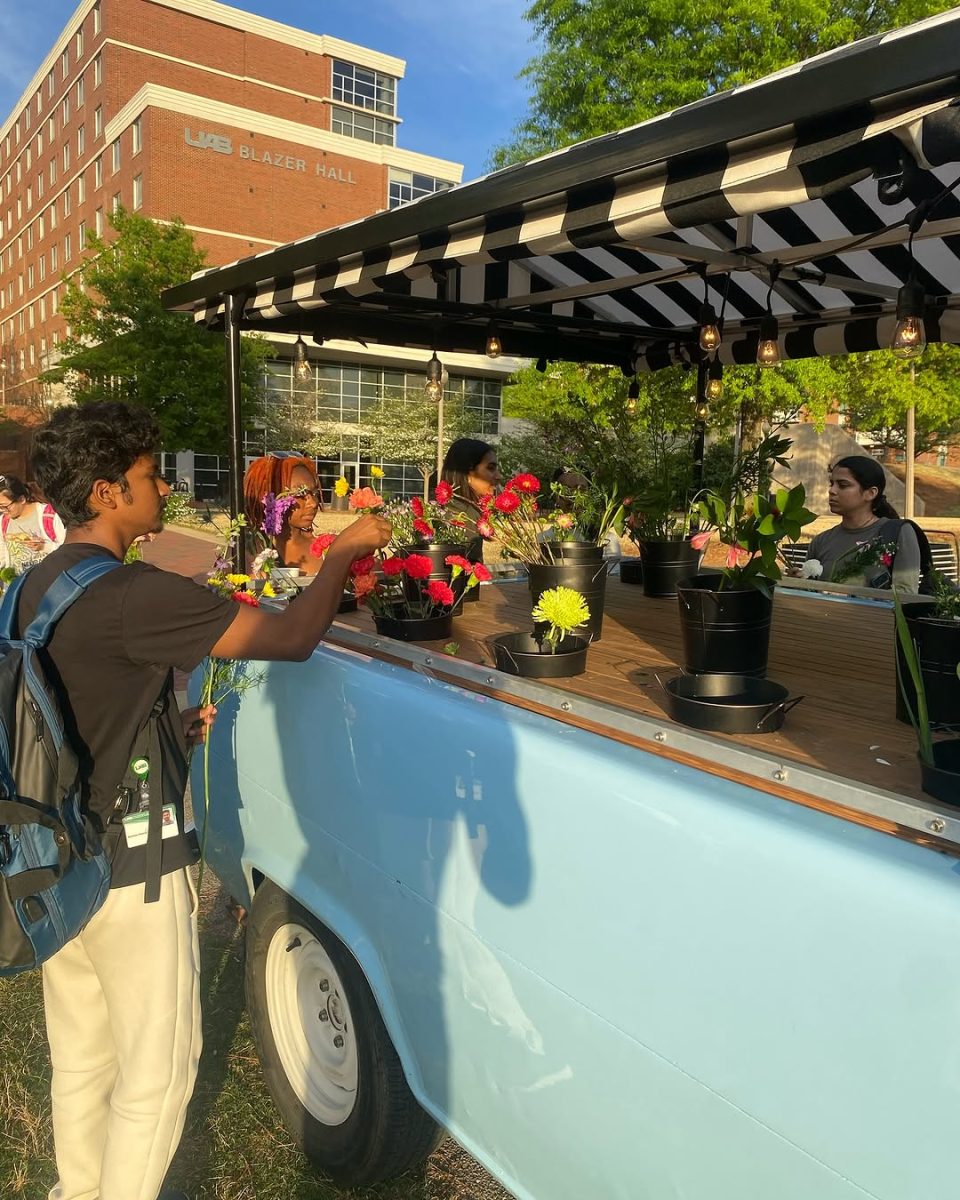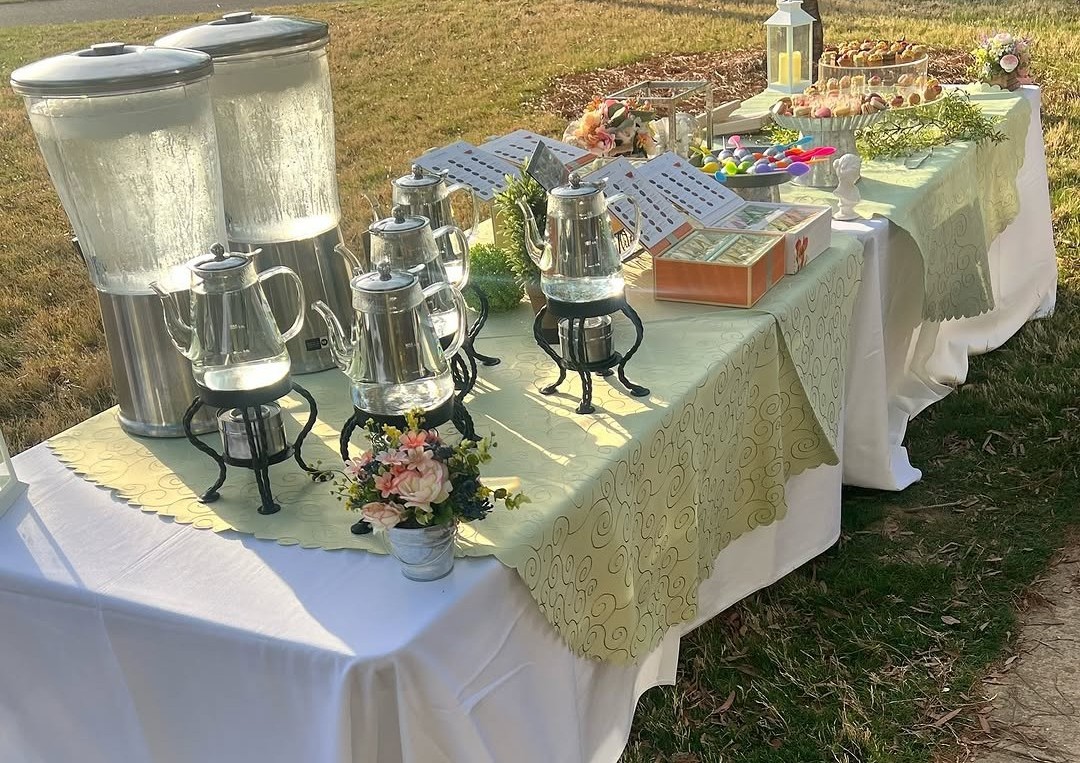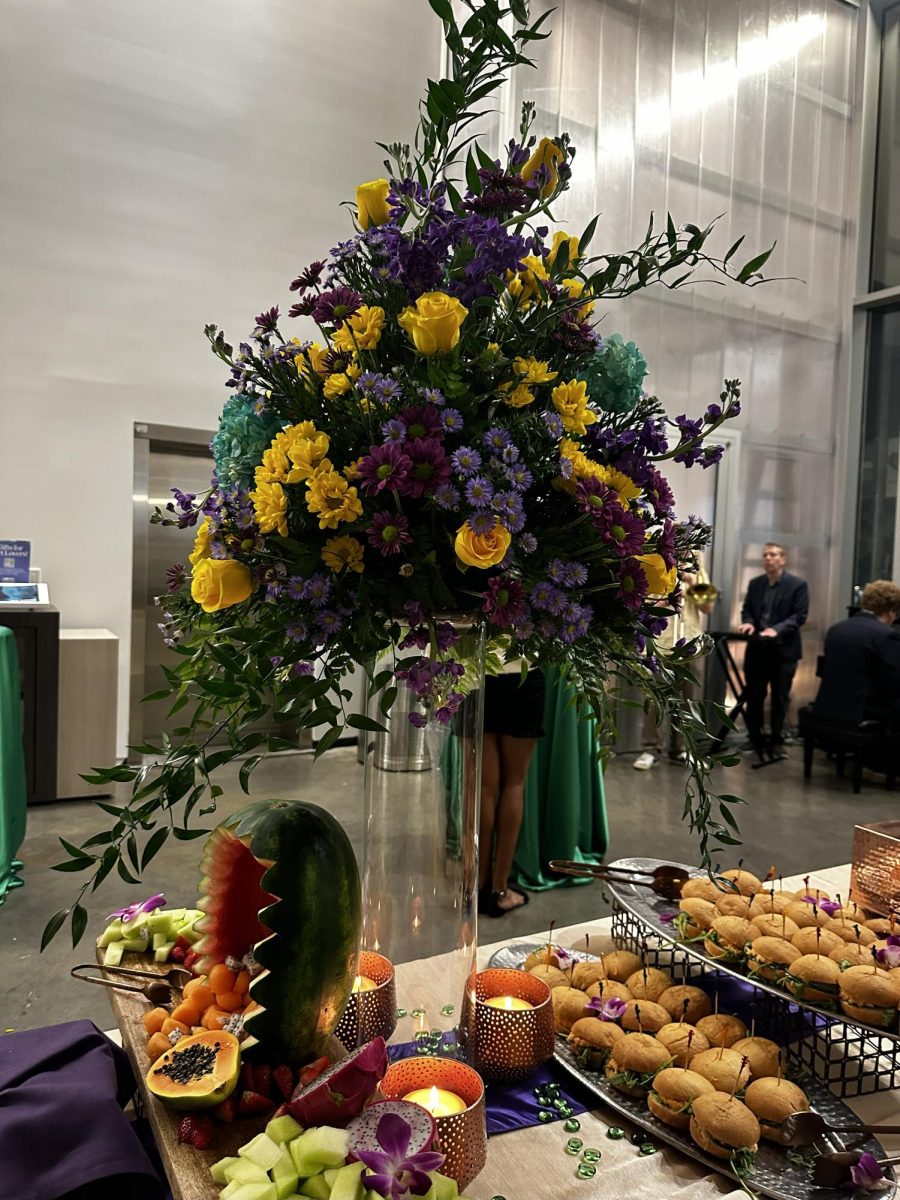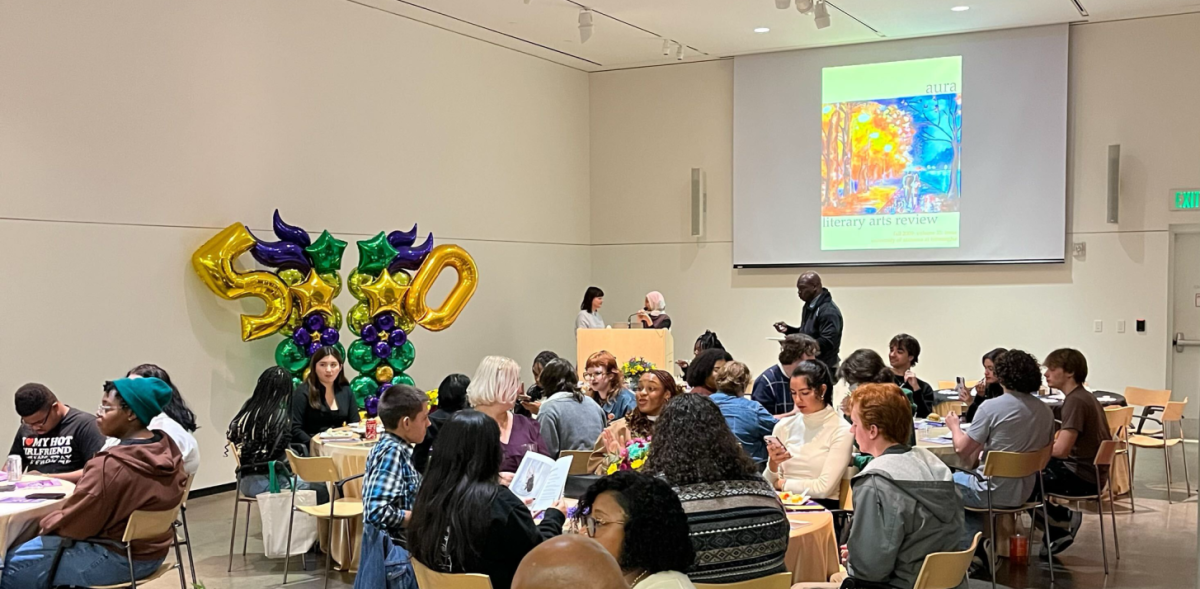Tessa Case – Staff Writer
[email protected]
The scene: you are at a party where the music is blaring and alcohol flows freely. People are moving, talking, dancing and having a good time. Something catches your eye: two people in the corner, one is aggressive and one is obviously uncomfortable. What do you do? What should you do?
Understanding the difference between consent and coercion and feeling empowered as a bystander are imperative to prevent campus sexual assault, according to two “Sex Signals” performers. Courtney Abbott and George Zeronte brought comedy, improvisation and awareness about these issues during a performance at UAB on Tuesday, Feb. 9.
The performance was geared toward college students who are overwhelmingly a part of the “party, hook-up” culture, according to the pair. The sexual assault prevention program was brought by Catharsis Productions. According to their website, they utilize an “unorthodox, humor-facilitated approach to examining our culture, sex, and the core issue of bystander intervention.”
“What did you learn?” asked Zeronte to the audience referring to sex education during middle school and high school. Students responded similarly: abstinence only, STDs and babies. Zeronte followed up by asking if students had ever learned how to have sex, how to have sex safely or the difference between healthy and unhealthy relationships. The response was largely negative, and Abbott and Zeronte used this as an opportunity, through improvisation, to show how this can affect students in potentially dangerous or uncomfortable situations. They also reminded spectators that individuals are more at risk of rape from someone they know, rather than a stranger.
Culture and gender stereotypes were addressed next. “It’s like wearing a thong,” explained Abbott. “Nobody in their right mind wants to wear it, but a lot of people feel like they have to.” Zeronte continued that it wasn’t just women who have enormous social pressure. He explored how society expects men to constantly want sex, and those who don’t are often seen as outsiders or are heckled with derogatory remarks. Women face the same issues as well, said Abbott. “It’s every woman too. Doesn’t matter if you have sex every day, or you’ve never had sex. Everyone has something to say about it.”
The performers showed this through another skit. The scene was set at a campus recreation center, where Abbott, performing as a freshman working out, was approached by Zeronte, a stereotypical, hyper-masculine male. Spectators in the audience were given stop signs to indicate when they felt the scene should stop. Zeronte, in character, approached Abbott and immediately went too far into her personal space, acting and speaking lewdly, and eventually grabbing her without clear consent. Every stop sign was in the air, and Abbott and Zeronte addressed the audience to ask when and why they felt the scene should have ended. Objectification, according to the two, was the issue given the spotlight, as well as the idea of consent.
In the skit, lack of consent was obvious. However, the pair wanted to address situations where consent is unclear, or entirely invalid. In their next skit, Abbott played a student journalist and Zeronte played a student at a party where another student had been raped. Abbott, in character, questioned her counterpart about the rape, while Zeronte’s character defended his friend, the alleged rapist. Consent and objectification were explored in a different manner, as well as the idea of victim blaming. Abbott asked the audience how they felt about it, whether they believed the host of the imaginary party was a rapist and why victim blaming is a problem.
“’You should have seen what she was wearing,’ ‘she was flirting with me all night,’ ‘she was drunk,’” Abbott began, listing off the excuses she said she’s often heard people give to avoid labelling a friend as a rapist. “It doesn’t matter, and saying that makes the victim scared to come forward, and it lets the predator think their behavior is okay.”
Zeronte and Abbott also wanted to address that this wasn’t a cis-female only issue. Men often felt unable or uncomfortable coming forward, Zeronte explained, because of the popular myth that “men can’t get raped.” Zeronte also wanted to add that most men are raped by other men or groups of men, which served as another deterrent.
Transgender and queer people also face many unique issues as victims of rape. Abbott cited lack of victim support, as well as fear of rejection if the individual hasn’t revealed their sexuality or their gender identity, because coming forward about rape will cause them to have to “out themselves.”
So, what can be done, and what should be done? Abbott and Zeronte both emphasized that victim support is key. A victim has to be supported, and has to feel like they are believed. “There’s this myth- it’s crazy- that there are these hordes of people who lie about being raped,” said Zeronte. “It’s not true. In fact, most rapes go unreported.” The next step would be to safely intervene in questionable situations, they continued. The idea of direct intervention is not always ideal, but there are other options, explained Abbott. Distracting the aggressor or the victim is an option, as well as just being an obstacle or witness to any behavior. Finally, making consent an integral part of every relationship is imperative. “If consent becomes the norm, then lack of consent stands out,” concluded Abbott.
The program was put together as part of UAB’s Sex Education Week, sponsored by the Office of Multicultural and Diversity Programs, and Gender and Sexuality Diversity. The Office of Student Advocacy, Rights and Conduct, along with the Coordinated Community Response Team also co-sponsored the event. “UAB is a caring community. The goal of tonight’s program was to reach out to students to explore our beliefs and behaviors. We encourage students to look out for each other and safely intervene when they see or hear something they know is inappropriate,” said Debbie Morgette, SARC’s assistant director.
“There are support services and resources on and off campus that are available for all students,” Morgette said. “I don’t ever want any of our students to feel like they’re alone, facing a distressing situation and feeling like there isn’t anyone on campus they can turn to for help.”
If you or anyone you know has been a victim of domestic or sexual assault, resources are available in the Birmingham area and on campus. These resources can be found through the SARC website, uab.edu/sarc, the Title IX website, uab.edu/titleix, at the Student Health and Wellness Center, and the Birmingham Crisis Center 24 Hour crisis line, 205-323-7777.
Categories:
The birds, the bees and the Blazers
Hycall Brooks
February 14, 2016
Story continues below advertisement
0
Donate to Blazer Media
Your donation will support the student journalists of University of Alabama at Birmingham. Your contribution will allow us to purchase equipment and cover our annual website hosting costs.
More to Discover
